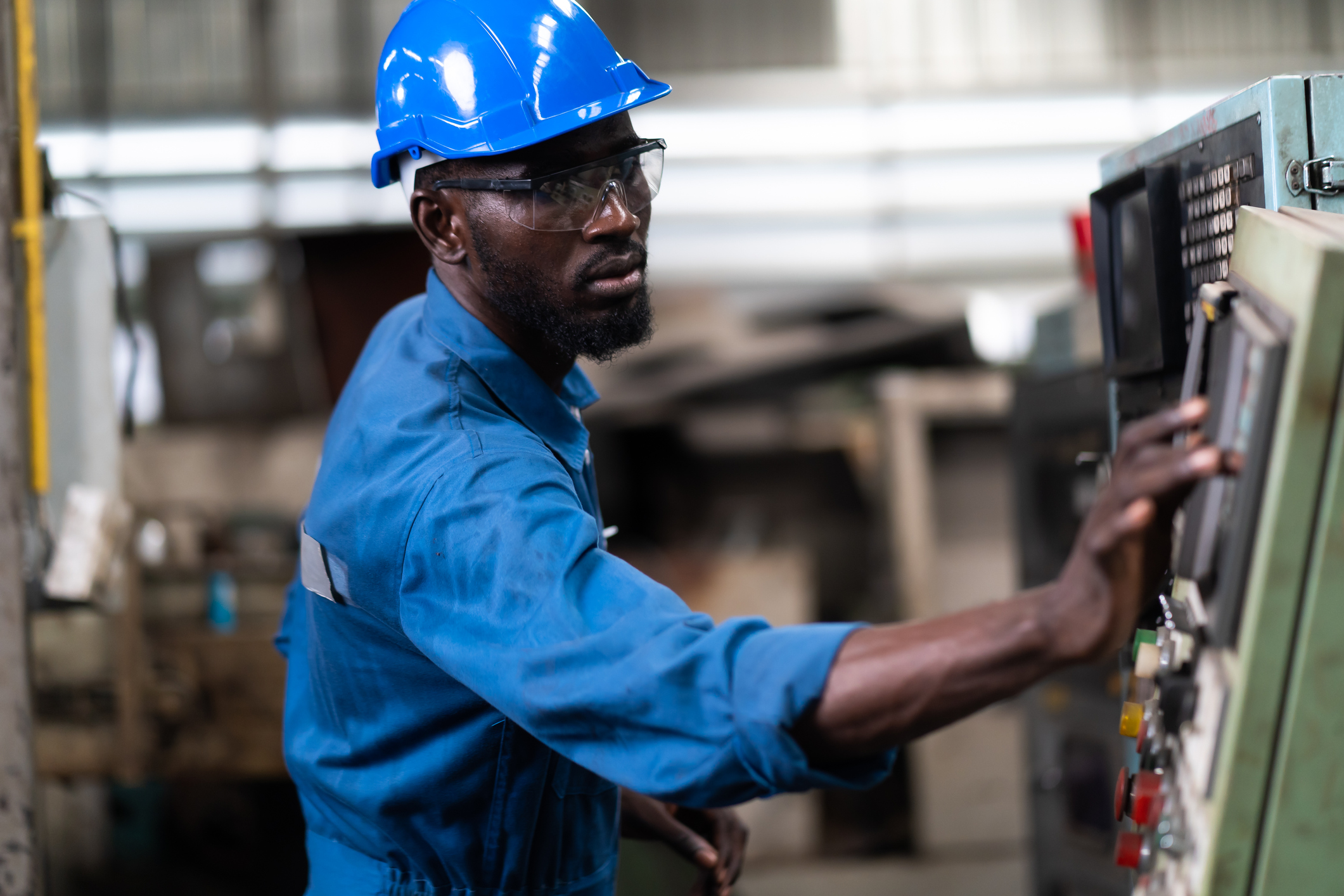Why business leaders feel they’re behind on net zero


The world is in danger of missing the goals laid out in the Paris Agreement – aimed at staving off climate change – unless immediate action is taken.
Under the agreement, the world must transition to net-zero carbon by 2050, to curb the worst effects of global warming. Yet, despite the target being less than 30 years away, our recent report, Zeronomics, reveals that multinational companies, crucial to hitting the Paris Agreement goals, have their work cut out to transition in time.
The study, which investigates the financing of a net-zero world, reveals that 55 per cent of business leaders believe their company is not transitioning fast enough to reach net zero by 2050.
In addition, rather than ramping up their efforts, companies are delaying the action needed to transition, with the 2020s looking set to be a lost decade. More than a third of business leaders said their companies will make the most progress between 2030 and 2040, while 37 per cent said they will take most action between 2040 and 2050.
Despite the need for urgency, why aren’t companies making progress? While the majority cite funding as an obstacle, saying they need medium to high levels of investment to transition to net zero, there are also other forces at play.
Many companies that are delaying transition are doing so because they don’t feel equipped to transition – 59 per cent admitted their company needed extensive organisational change before attempting to tackle net zero.
Meanwhile, COVID-19 has forced many businesses to focus on immediate survival: 52 per cent claiming their organisation is postponing its net-zero transition in order to maximise revenues in the short to medium term.
Unsurprisingly, those struggling most with the transition to net-zero are those that need it most – carbon-intensive industries and emerging-market companies. Ironically, carbon intensive companies are more likely to struggle with funding due to the rise of environmental, social and governance investing, while, emerging markets are affected by the mistaken belief that they pose a heightened investment risk.
Investing in emerging markets is particularly important if we are to have a just transition leaving no nation, region or community behind. The challenge is especially evident in Asia, Africa and the Middle East which are among the regions most vulnerable to climate change – and most in need of funding to ensure that economic development can continue while the climate crisis is addressed. Financial institutions and multilaterals need to step up to ensure this funding gap is bridged.
Apart from increasing finance, how do we speed up transition for large companies. Zeronomics reveals that business leaders also want standardised net-zero measurement frameworks and cost savings from sustainable practices, making it more attractive financially to move to net zero, would speed up transition.
Additionally, an increased demand for net-zero products and services and increasing pressure from customers to move to net zero will be crucial in helping companies transition to net-zero carbon emissions by 2050.
If these challenges can be overcome, the world will be much better placed to transition by 2050. The importance of the task cannot be underestimated – climate change is perhaps the most urgent challenge facing the world today and transitioning to net-zero carbon emissions will play a key role in safeguarding our environmental future.
If we fail to take rapid, meaningful action to reduce emissions, we will fail to arrest the very worst effects of climate change. We must act now, and we must act together: companies, consumers, governments, regulators and the finance industry.